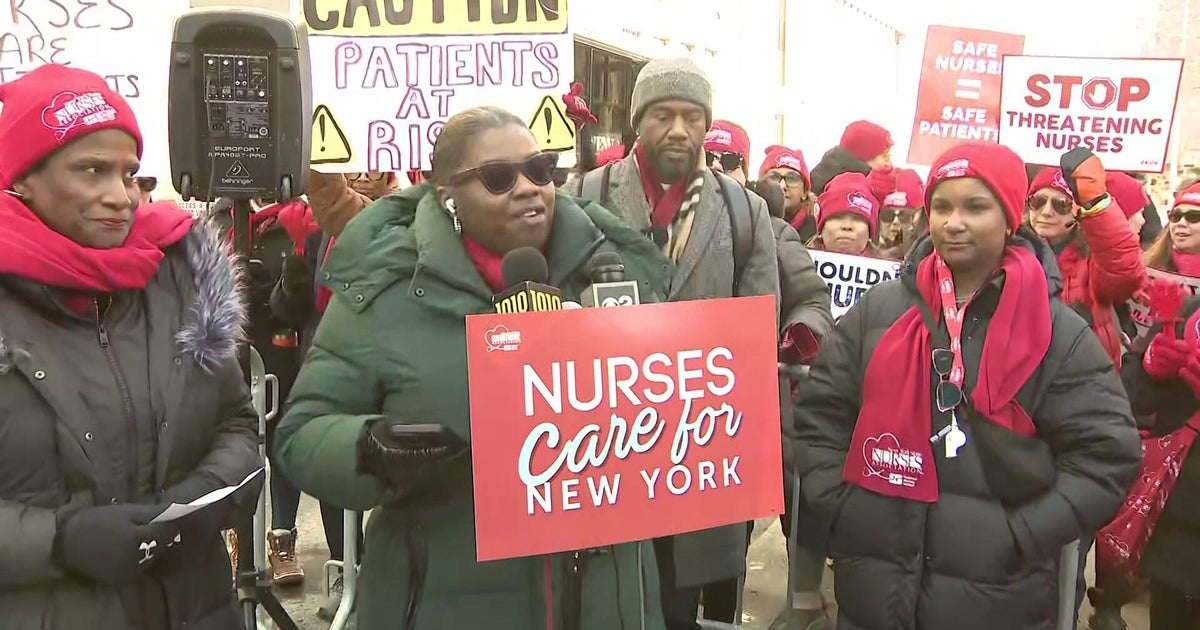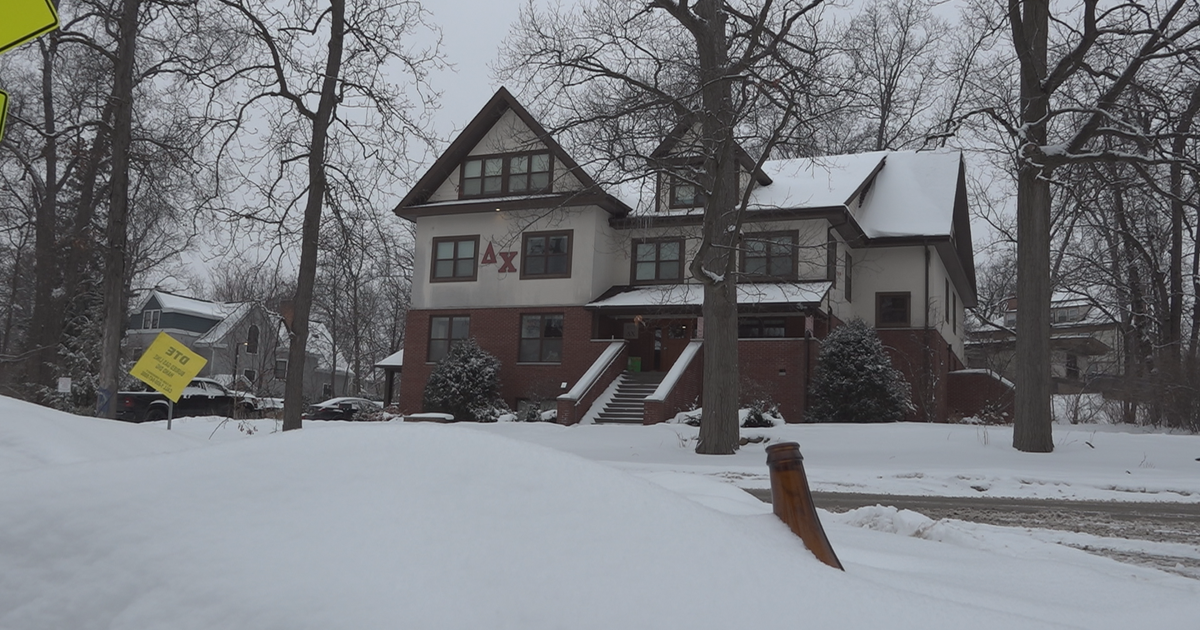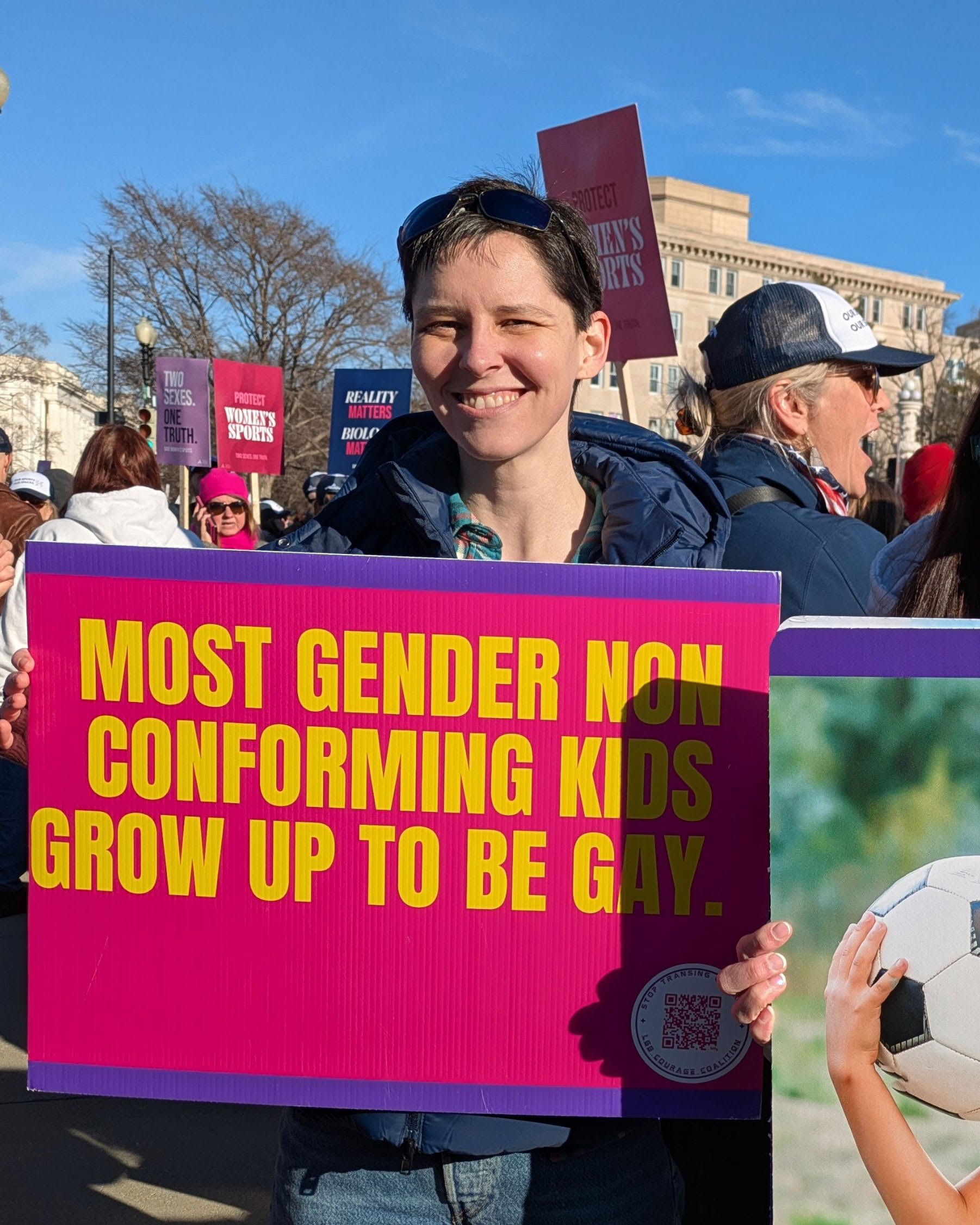Putting a loved one in a nursing home could cost you as nursing homes sue relatives and friends of residents
Barbara Robinson said she spent two years fighting a lawsuit after she volunteered to help a family friend move to a Rochester nursing home.
She told CBS News consumer investigative correspondent Anna Werner that in 2018, she agreed to act as power of attorney to help an elderly friend file for Medicaid to pay for the nursing home. She also helped move her into the nursing home.
Robinson said that there was a lot of "pressure" to ensure everything was set for the woman.
"A lot of pressure for me to get that done and get it in there because they needed to get her signed up," Robinson said.
Robinson said the nursing home asked her to sign an admission agreement that stated that she would be the "responsible party."
She said she told the nursing staff that she would not be responsible for the bill of the woman's nursing home stay but was reassured that this would not be the case. After allegedly being told this, Robinson signed the admission agreement.
Shortly after, Robinson's friend passed away and Monroe County sued Robinson for the balance of the woman's nursing home stay which came out to be $21,000.
Robinson said if she knew she would have been billed for the woman's stay, she wouldn't have signed the agreement because she lives off her Social Security checks alone.
She also no longer had a power of attorney for the woman. A judge later dismissed the lawsuit. But the experience was shocking to Robinson who had no idea she would end up with the bill for her friend's nursing home stay.
"I thought, you can't do that to somebody. You can't just knock on somebody's door and say, 'You need to pay this bill,'" she said.
Along with our partners Kaiser Health News and NPR, CBS News has found that what starts out as a good deed can turn into a legal nightmare in some cases.
A review of court records by Kaiser Health News found that 24 federally licensed nursing homes filed 238 similar lawsuits in Monroe County alone. Two-thirds of those suits are found to have targeted relatives of residents or friends.
Federal laws prohibit nursing homes from requiring third parties, including relatives or friends, to guarantee payment of bills.
But attorney Anna Anderson told Werner that it is a growing problem that is only getting worse. Anderson has represented people who have been sued like Robinson for signing admissions agreements, even if they are not legally responsible.
She said the language on the admission agreements is often confusing to most people.
"I don't think anyone that I've met when they're signing these papers — even when they ask the right questions — I don't think they really understand what they're signing up for," said Anderson.
The nation's largest nursing home industry group, the American Health Care Association, told CBS News that they haven't heard of their members doing this and that they do not believe it's a widespread practice.
Robyn King says it happened to her in Cleveland when she was sued after helping move her 86-year-old mother into a nursing home in 2017.
King said that she had made it clear after reading the paperwork that she could not pay for her mother's bills.
"There was one paper we came across and it said, "Would you be financially responsible if your mom cannot pay this?" And I was like, 'No, absolutely. Like no, X marks the spot,'" King said.
But three years later, King was sued by the nursing home for $78,000 for the unpaid balance.
King was eventually dropped from the lawsuit filed by her mother's nursing home, but she says the home is still seeking funds from her mother's estate.
King testified this year in front of a Senate committee about her experience.
"There is no reason my family's ability to build a better future for ourselves should be wiped out because my mom got sick and we got her the medical care that she needed. There is just no excuse for this in America," King said.
Neither nursing home responded to CBS News' request for comment, but Monroe County in New York, which operates the nursing home where Richardson took her mother's friend, told Kaiser News and NPR, "It would be a disservice to the hospital's residents, and to Monroe County's taxpayers, to allow residents who have assets not to pay what is owed."
Robinson replied and said the friend who she helped place in the nursing home basically had no assets.



